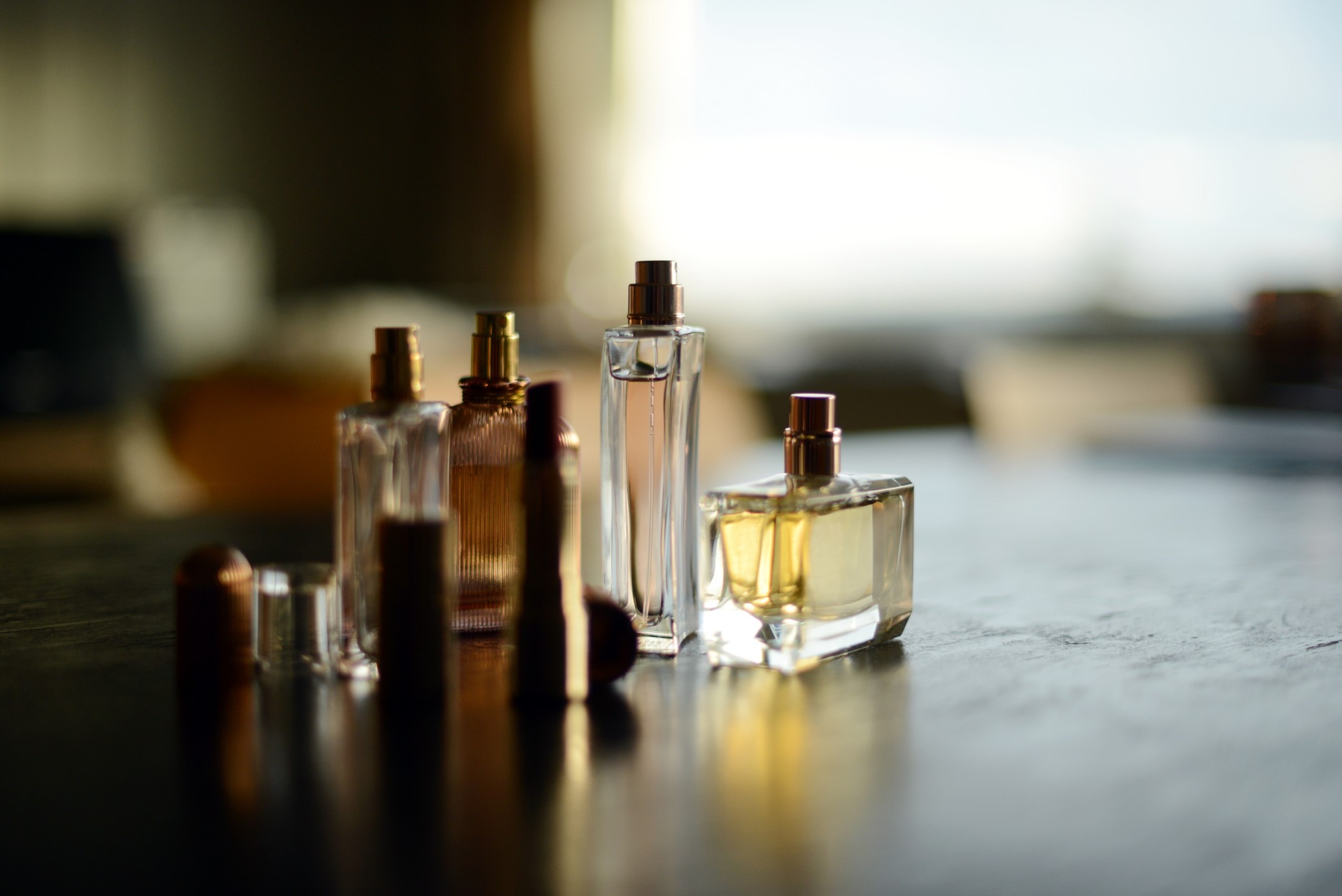
In a decision of this year, the District Court of Hamburg confirmed that an online-magazine article about so-called perfume dupes being “smell alikes” of well-known perfumes amounted to trademark infringement (decision of 26 January in Case 327 O 130/22).
The claimants were exclusive licensees of several well-known trademarks for perfume for the territory of the Federal Republic of Germany and entitled to enforce these rights in Germany.
They noticed that the defendant, a publishing house, published in one of its online magazines an article titled “La Rive perfume dupes: the best fragrance twins of expensive brands”. The article featured several smell alikes (“dupes”) of well-known perfumes. A list of several dupes was preceded by the following text “If you’re looking for a cheap dupe to a designer perfume, below we’ve got a list of great fragrance twins that are every bit as good as their pricey counterparts…”.
In the following list each of the dupes was pictured and below the picture it was explained to which of the well-known perfumes each dupe related, also mentioning the protected trademarks.
Next to the presentation of each of the dupes there was a link titled “Shop now” which directly led to the offer of the dupe on Amazon’s marketplace by Amazon or third parties.
The defendant tried to defend itself by arguing that they did not act in the course of trade when publishing the articles, in particular because the shopping links to the articles were not affiliate links for which the defendant received commissions.
However, the court considered it to be irrelevant whether the links were affiliate links or not. The disputed publications of the defendant were without further ado acts in the course of trade due to the linking of the dupe representations to “Amazon” offers with a picture, a positive review and a “shop now” link.
As most of the well-known marks were identically mentioned in the publication, a so called double-identity infringement of those trademarks in the sense of Art. 9 para. 2 lit. a) EUTMR was accepted. The exception of Art 14 (1) (c) EUTMR – use to refer to the goods of the trademark owner – was not discussed in the decision. However, it appears that the use at present would not be regarded as an honest practice in trade or commercial matters (Art 14 (2) EUTMR) anyway.
Furthermore, the Court also clarified that the advertising also amounted to unfair competition pursuant to Sec. 6 (2) No. 6 of the German Unfair Competition Act. A person acts unfairly who advertises in a comparative manner if the comparison presents a product or service as an imitation or replica of a product or service marketed under a protected trademark. This provision implements and is in conformity with the so-called “perfume clause” of Art. 4 lit. g) of the EU Directive concerning misleading and comparative advertising (Directive 2006/114/EC). The prohibition is to be interpreted restrictively and an infringement requires a clear and distinct claim of imitation that goes beyond a mere assertion of equivalence. In this case the Court had no problem to accept that the article advertised the dupes as imitation, as this was the essence of the promotion of the perfumes as “is a dupe to” followed by the mentioning of the well-known perfume brands.
The defendant was therefore ordered to cease and desist the publications and to pay damages to the claimant.
This decision will likely not end the commercialization of smell alike perfumes. However, it should stop their promotion by means of press articles referencing to the trademarks of the original perfumes which are so promotional that they are considered acts in the course of trade.
_____________________________
To make sure you do not miss out on regular updates from the Kluwer Trademark Blog, please subscribe here.


